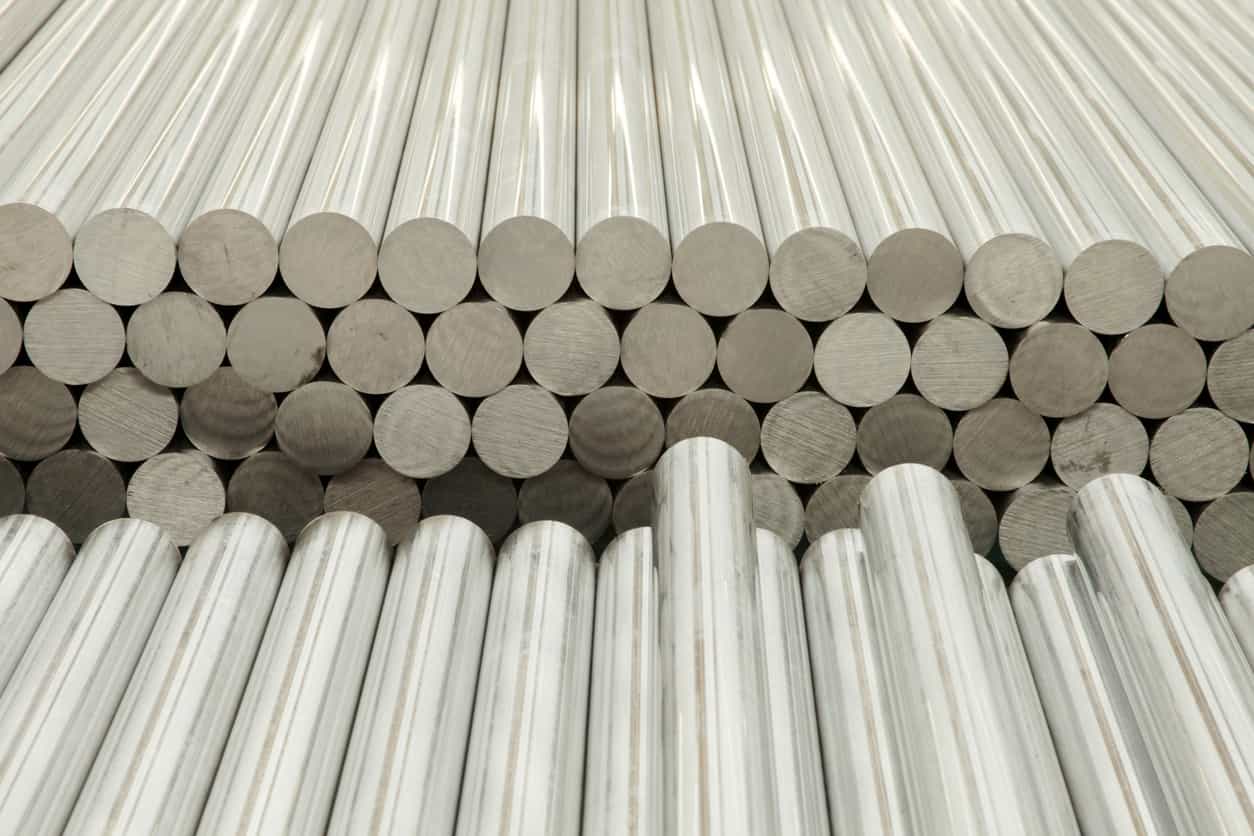Its relatively light weight and exceptional durability make titanium an important metal across numerous industries, and the development of titanium alloys make it even more versatile. Made by combining raw titanium with carefully controlled ratios of other elements, titanium alloys provide additional strength as well as temperature resistance and corrosion protection while adding little in terms of weight.
What are titanium alloys used for across various industries? With so many different types of alloys and the many benefits they provide, titanium alloys have become indispensable across numerous sectors. From advanced aerospace components to lightweight sports equipment, titanium alloys are used for a wide range of applications.
Aerospace Engineering with Titanium Alloys
Aerospace components experience some extreme conditions, and titanium alloys enable manufacturers to fabricate parts that can withstand a lot of abuse. At the same time, parts made with these metals contribute much less weight to the overall construction compared to other materials. This is critical for ensuring the highest levels of performance and efficiency. Some examples of parts made from titanium alloys include wings, jet engine components and military armor.
Automotive Innovations with Titanium Alloys
Like the aerospace industry, the automotive sector is concerned with creating parts that can stand up to extreme heat and heavy use without deformation. This is where titanium alloys have allowed auto engineers and designers to bring their visions to life without compromise. From durable electric battery enclosures to high-durability engine valves, these alloys are essential for making modern vehicles as strong and dependable as they can be.
Biomedical Applications of Titanium Alloys
One of the most important qualities of titanium alloys is that they are non-reactive. This makes these metals exceptionally biocompatible. This is why they are used frequently for medical tools, implants and prosthetics. Their non-magnetic nature means they will not interact with MRI equipment, making them safe for use as implants such as hip and knee replacements.
Titanium Alloys in Chemical Processing
The chemical processing industry depends on titanium alloys because they provide exceptional resistance to heat as well as corrosion. This is why they are used for fabricating critical elements of processing infrastructure such as heat exchangers, pipelines and pressure vessels. Operators count on these to provide long lifespans and consistent performance even under intense heat and pressure.
High-Temperature and Nuclear Applications
Titanium’s resistance to extreme environmental conditions and external forces also make its alloys extremely valuable in other industries such as nuclear power generation. Their ability to survive under intensive pressures and temperatures means they are found often in components for nuclear reactors because they ensure the safety and efficiency of these systems.
Sports Equipment and Lightweight Materials
The strength and durability of titanium alloys, combined with their lightweight properties, make them the material of choice for a wide range of athletic equipment. This is especially true for components such as bicycle frames, ice skate blades and golf club heads. Many professional athletes prefer equipment made with titanium alloys because they’re more comfortable to use, last longer than other materials and enhance their performance during competition.
This is just a small sampling of what titanium alloys bring to numerous industries. As a leading supplier and distributor of titanium alloys, Titanium Processing Center has been trusted by customers throughout these and many other sectors since 1999. Our ISO 9001- and AS9100-certified company boasts extensive knowledge of these alloys, as well as a comprehensive inventory of solutions, competitive pricing and fast lead times. To learn more about what makes us the leaders in the industry, reach out and speak with a member of our team today.
